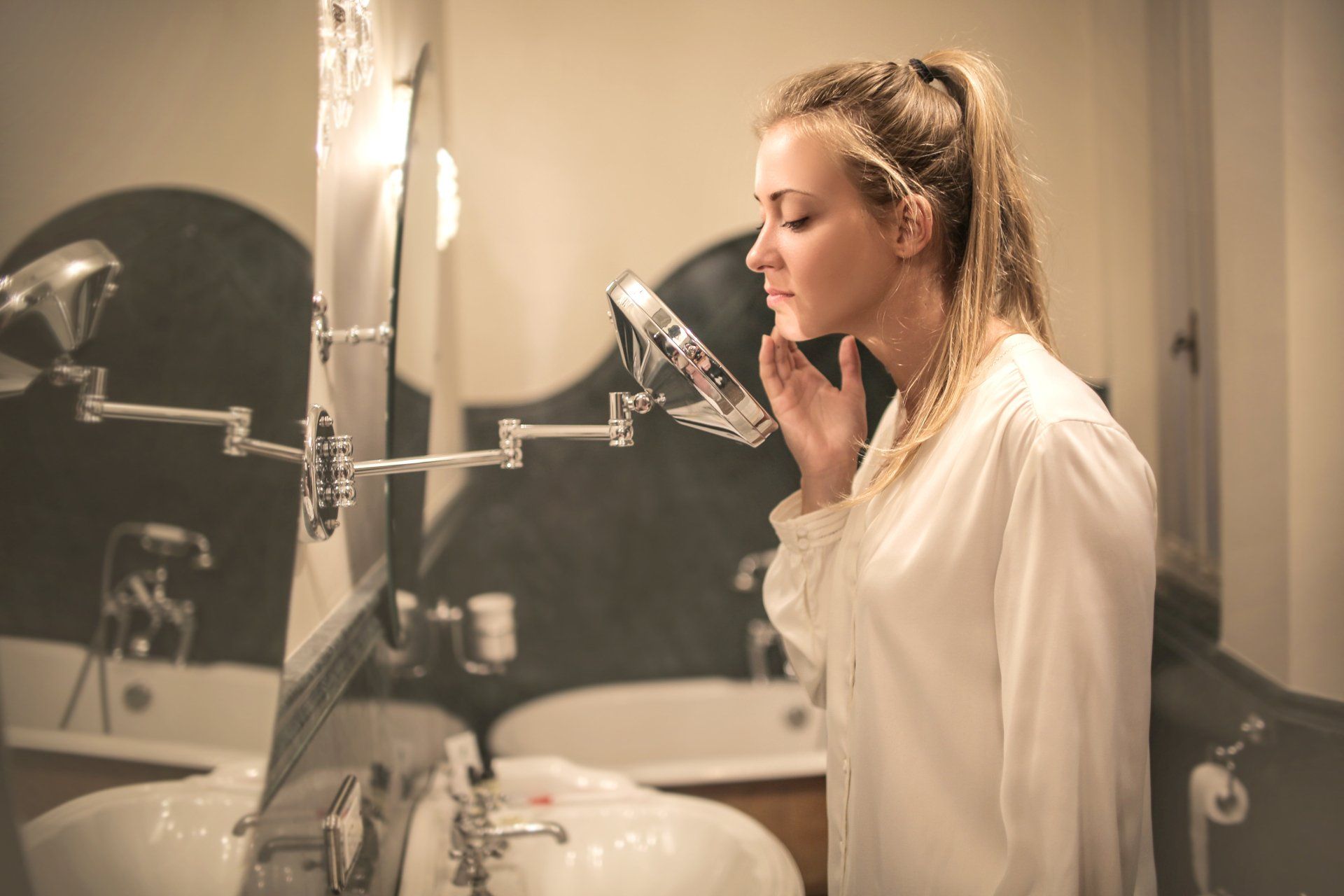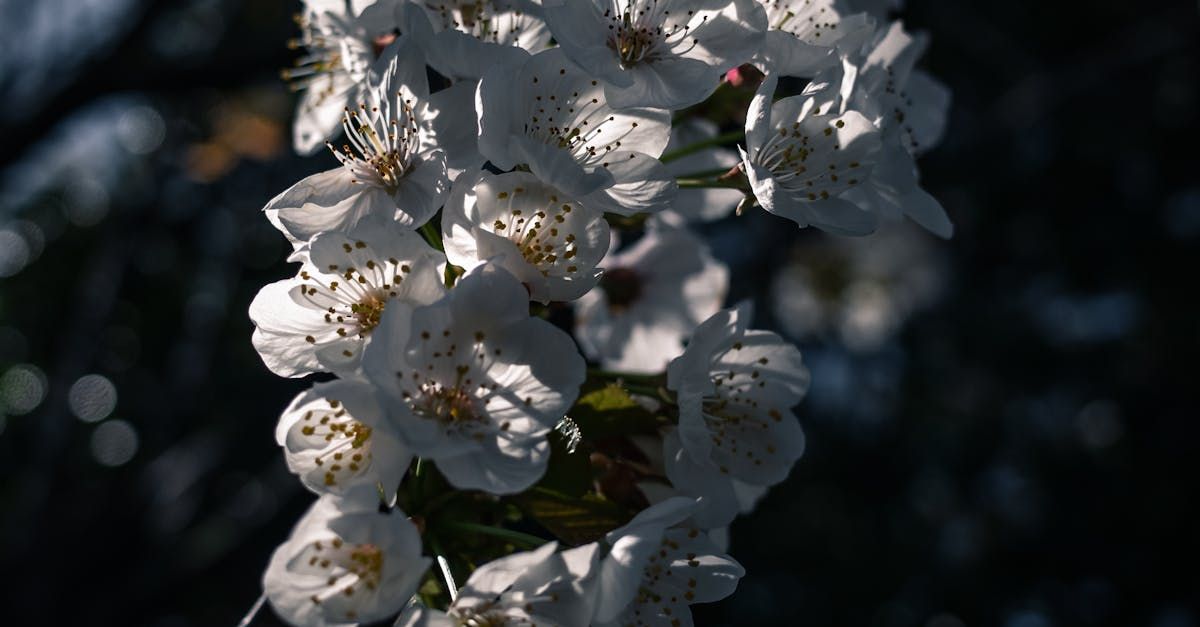Clearing the Air: Can CBD Help Combat Acne?
Purity in Practice: Exploring CBD's Potential to Combat Acne
Acne is a common skin condition that affects millions of people worldwide, and its impact can extend beyond physical appearance, affecting self-esteem and mental health. While various treatments are available, some individuals are exploring alternative solutions, including CBD (cannabidiol). In this blog, we'll delve into the potential connection between CBD and acne, examining the scientific evidence, mechanisms, and considerations for using CBD as part of your skincare routine.
Understanding Acne
Acne occurs when hair follicles become clogged with oil, dead skin cells, and bacteria. Factors such as genetics, hormonal changes, diet, and stress can contribute to acne development. Common acne-related issues include blackheads, whiteheads, pimples, and cysts.
The Endocannabinoid System and Skin
The skin is the body's largest organ and plays a vital role in the endocannabinoid system (ECS), a complex network of receptors, endocannabinoids (naturally occurring compounds), and enzymes. The ECS is involved in regulating various physiological processes, including inflammation, immune response, and sebum production—factors directly related to acne.
CBD and Acne: The Potential Benefits
- Anti-Inflammatory Properties: CBD is known for its anti-inflammatory properties. Inflammation is a significant factor in acne development, as it can lead to redness, swelling, and discomfort. CBD may help reduce skin inflammation, potentially alleviating acne-related symptoms.
- Sebum Regulation: Sebum is an oily substance produced by the sebaceous glands in the skin. Excessive sebum production can contribute to clogged pores and acne. Some studies suggest that CBD may help regulate sebum production.
- Antibacterial Effects: CBD exhibits antibacterial properties, which can be beneficial in targeting the bacteria associated with acne development.
- Pain Relief: For those with painful acne cysts or inflamed pimples, the pain-relieving properties of CBD may offer relief.
Using CBD for Acne
If you're considering using CBD for acne, here are some important considerations:
- Topical vs. Oral Use: CBD can be applied topically or taken orally. For acne management, topical application is often preferred, as it allows CBD to be directly absorbed into the skin.
- Patch Test: Before applying CBD products to your face or affected areas, perform a patch test to ensure you don't have an adverse reaction.
- Product Selection: Choose high-quality CBD skincare products from reputable manufacturers. Look for products with a certificate of analysis (COA) to verify their cannabinoid content and purity.
- Consult a Dermatologist: If you have severe or persistent acne, consult a dermatologist for personalized skincare advice and treatment options.
- Consistency: Results may not be immediate, and it may take weeks or months of consistent use to see improvements in acne.
While scientific research on the use of CBD for acne is still evolving, there is growing interest in its potential benefits. CBD's anti-inflammatory, sebum-regulating, and antibacterial properties make it a promising candidate for acne management. If you decide to incorporate CBD into your skincare routine, do so cautiously, and consult a dermatologist for guidance, especially if you have severe or persistent acne. Remember that CBD should complement, not replace, established acne treatments and good skincare practices. With the right approach, CBD may offer an additional tool for promoting clear and healthy skin.
SHARE:
Disclaimer: The information provided in this article is for educational purposes only. The content is not intended to be a substitute for professional medical advice, diagnosis, or treatment. Always seek the advice of your physician or other qualified healthcare provider with any questions you may have regarding a medical condition. The use of cannabis, including smoking, may have potential health risks and may not be suitable for everyone. It is essential to understand and abide by the laws in your country or state regarding cannabis use. The author and publisher of this article are not responsible for any adverse effects or consequences that may result from the use of the information presented in this article. This blog is sponsored by
Fresh Mint.












